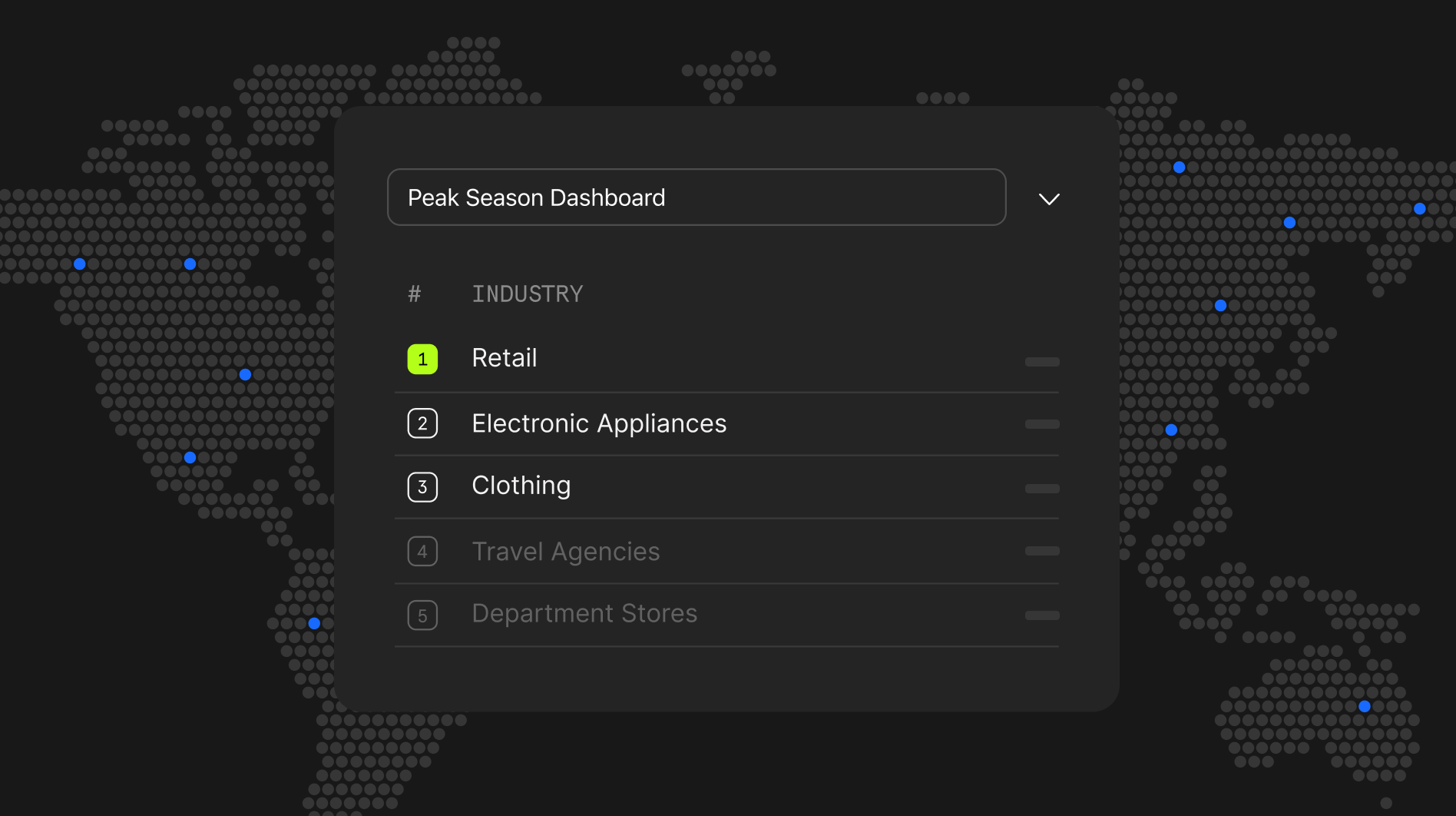“There is real value to be gained by having a diverse range of voices at the table. Fintechs need to drive this if they want to keep at the cutting edge.”
Mo Yusuf, Regional Manager UAE, Checkout.com
Across MENAP, women are shaping the fortunes of fintech companies. The sector is waking up to the facts; that gender diversity is not simply a moral imperative, but reaps commercial benefits too. Companies with more female executives can expect 27% higher returns on equity, almost half as high dividend payouts, and a 15% increase in financial returns.
Yet there is still much to do. By 2019 MENA had the lowest share of female-led fintechs in the world—just 8%. But research can be abstract. The next step-change is to turn well-meaning words into meaningful actions.
An ecosystem of many
Women are not the only beneficiaries of gender diversity. When women progress, everyone does. More women in the workforce means greater spending power, more tax revenue for governments, improved diversity of thought in product development, and more profitable companies for investors.
It begins long before the hiring process. We should be challenging the presumption that fintech is a male sector by educating young girls in school. Tania Asimionesei, Engineering Lead at Checkout.com, says she sees this conditioning from an early age. “Every time I speak with an audience of girls they are baffled by fintech, because they see it as just mathematics, which they think is a boy’s subject. After just 30 minutes, you see their curiosity sparked.”
Governments need to step up to the plate with meaningful support. Sarah Toukan, Cofounder and Chief Product Officer at Zina, told us that one of the biggest obstacles to women in their careers is the lack of affordable childcare. Immigration policies that attract childcare providers, or tax breaks for new parents, are other macro policies that can break the ‘careers versus motherhood’ narrative.
.jpeg)
Fintechs must also create family-friendly policies that attract and retain talented women. “It’s about having a public-private partnership,” says Nadine Mezher, Cofounder at Sarwa, “Push-down from the top will become meaningless if fintechs don’t create the right working practices and culture.”
The role of private businesses in this ecosystem doesn’t stop there. Firms can’t just sit back and hope diversity will happen organically. For starters, they must foster a spirit of community, where all genders are given opportunities to network and learn from each other.
Dana Shaheen, Director of Fintech and Digital Banking Mena, explains how her experience of working at Visa has shown her how powerful it is to see diversity in action. “I previously worked in investment banking, which seemed comfortable with its male dominance. At Visa, it is completely different. We give women a big push in all areas; career planning, policies, networking, mentoring...it is a holistic approach that holds us as an organization to account.”
Another player in the ecosystem is VCs and investors. “A disproportionate level of funding goes to fintech firms with male founders,” explains Mezher. “Comparatively, those with female founders get less than 10% of investment. While all eyes focus on the gender pay gap, the investment gap goes unreported.” One issue is the sparsity of women on investment boards. “Men tend to invest in men,” she adds. “VCs must stop making investment decisions based on affinity instincts.”
Breaking bias
Toukan says that not all of this can be explained by unconscious bias. Often the prejudice is more blatant. “I’ve heard other female founders asked by VCs when they plan to start a family, and how committed they really are to their business. Female investors don’t ask that, because they know from their own experience that it simply isn’t relevant.”
It’s easy to be outraged by such questions. Mezher suggests that it may be more productive to turn these into learning opportunities. “We need men to know that they can’t ask these things. But we can also coach them into asking more helpful questions, such as: ‘Is there anything we can do to support your venture?’”
.jpeg)
That is a relatively easy fix. More challenging are the subtle perceptions that reinforce the stereotype that fintech is a man’s game. Toukan says it’s more common than you may think. “Every time I hear someone say ‘You don’t look like you work in fintech’, or ‘But who really leads your business?’ I know we still have a long way to go.”
Though these are deep-rooted biases that can’t be eradicated overnight, there are practical steps that the sector can take to accelerate change. One is by setting legal quotas, such as the number of women on VC boards, or the share of funding that must go to female-led firms. These can be a good first step, but ultimately we should be striving for parity by choice, not force.
One way to achieve that is by fintech leaders reassessing who they recruit. Shaheen says that fintechs, much like other businesses, feel safe recruiting from within their own sector, including other financial services firms. But these recruits (both men and women) come with learned behaviors and biases, which only compounds the problem. “We need to redefine what a perfect fit candidate looks like. We should put more value on people who can bring the sort of attitudes we want to foster as a sector, even if they don’t bring industry knowledge.”
Be the change
Though gender diversity is everyone’s business, founders and leaders have a more influential platform. They should begin by living the values they want to see in others.
That is easier said than done. Asimionesei says she constantly has to navigate the ‘right’ behavior. “Imposter syndrome gets nurtured in girls from a young age. But if we’re ambitious and confident, we’re seen as abrasive.” The problem is not of women’s making, and so should not be theirs to fix. But change requires pragmatism.
.jpeg)
Female fintech leaders can break the cycle by mentoring the next generation. They also need to be open to being mentored by men. “If we only think about this as a woman’s problem in a man’s world, we won’t achieve anything,” explains Asimionesei. Mezher agrees, saying how men have helped her overcome ‘Tiara Syndrome’, where you expect your hard work and achievements to be noticed, so you don’t speak up. “I’ve learned how to voice my value”.
Progress through mentorship can be less visible than policies and initiatives. That should not be a concern. “There is a perception that talking about ‘it’ doesn’t change anything’” adds Mezher. “Wrong; it does. The history of gender equality—of any societal change—always begins with people speaking up.”
Thanks to the expert panelists, Dana Shaheen, Director of Fintech and Digital Banking Mena, Visa; Nadine Mezher, Cofounder, Sarwa; Sarah Toukan, Cofounder and Chief Product Officer, Zina; and Tania Asimionesei, Engineering Lead, Checkout.com for joining me. We will be back soon with the next installment of the series.



%20(1).jpg)











.png)
